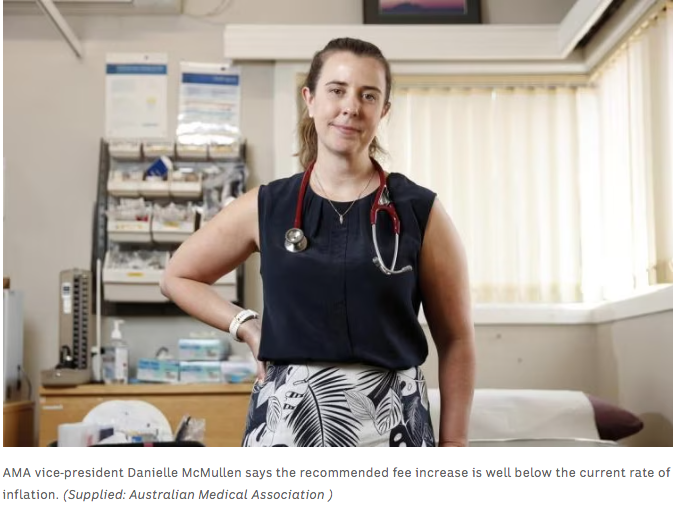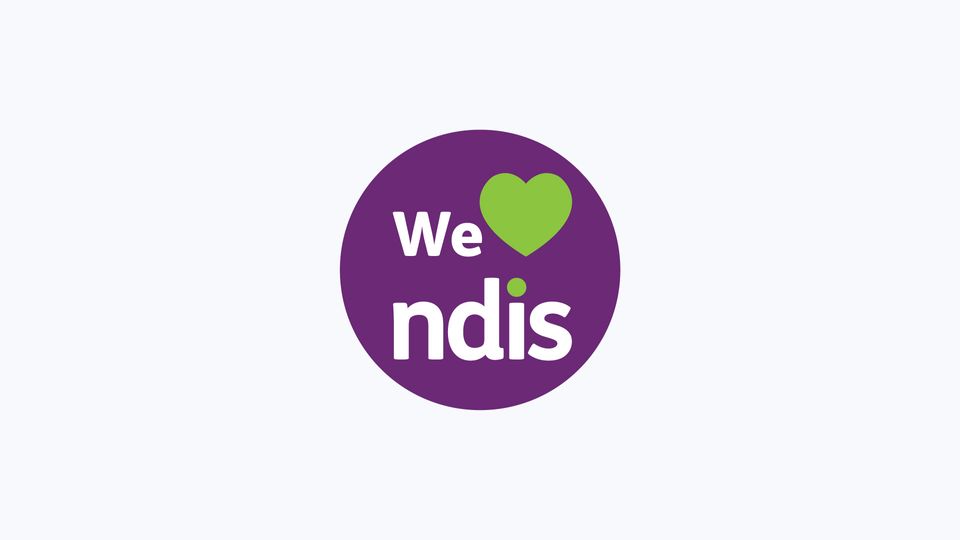How to reduce Out of Pocket Expenses
Avoiding out-of-pocket expenses entirely in Australia is tough, however there are ways to minimise the cost of care. Here are some steps you can take:
- Have private health insurance: Private health insurance can help reduce out-of-pocket expenses by covering a portion of the costs for hospital treatments, medical services, and ancillary services like dental or optical care. Review different insurance policies, compare coverage options, and choose a plan that suits your needs.
- Understand your insurance policy: Carefully read and understand the details of your private health insurance policy, including the coverage limits, waiting periods, exclusions, and any applicable excess or co-payment requirements. Knowing the specifics of your coverage will help you plan and make informed decisions.
- Choose preferred providers and no-gap arrangements: Some private health insurance policies have preferred provider networks and no-gap arrangements. By selecting healthcare providers within these networks or who participate in no-gap arrangements, you may be eligible for higher benefits and reduced out-of-pocket expenses. Check with your insurer for a list of preferred providers or inquire directly with healthcare professionals.
- Utilize bulk-billing services: In Australia, Medicare covers a portion of the fees for medical services. Seek out healthcare providers who offer bulk-billing, which means they accept the Medicare benefit as full payment, resulting in no out-of-pocket expenses for eligible services. Ask your doctor or specialist if they bulk-bill or search for bulk-billing providers in your area.
- Visit public hospitals: Public hospitals in Australia provide healthcare services at no or minimal cost to patients. If you are eligible for public hospital services, consider utilising them for treatments or procedures to minimize out-of-pocket expenses. However, keep in mind that wait times may vary depending on the urgency of your condition.
- Discuss fees and no-gap arrangements with healthcare providers: Before undergoing any treatment or procedure, have an open conversation with your healthcare provider about the potential costs involved. Ask for an estimate of the total fees, including any out-of-pocket expenses. Inquire if there are alternative treatments, lower-cost options available, or if they participate in no-gap arrangements.
- Consider Medicare Safety Net: The Medicare Safety Net provides additional financial assistance for eligible individuals and families who incur significant out-of-pocket medical costs. Once you reach the threshold, Medicare will reimburse a higher percentage of the fees. Familiarise yourself with the thresholds and conditions, and keep track of your medical expenses to maximise the benefits.
Remember to proactively ask questions, seek clarity on costs, and inquire about no-gap arrangements with providers. Each situation is unique, so consult with your healthcare providers, private health insurer, and relevant government authorities to understand the specific options available to you for minimising out-of-pocket expenses.


